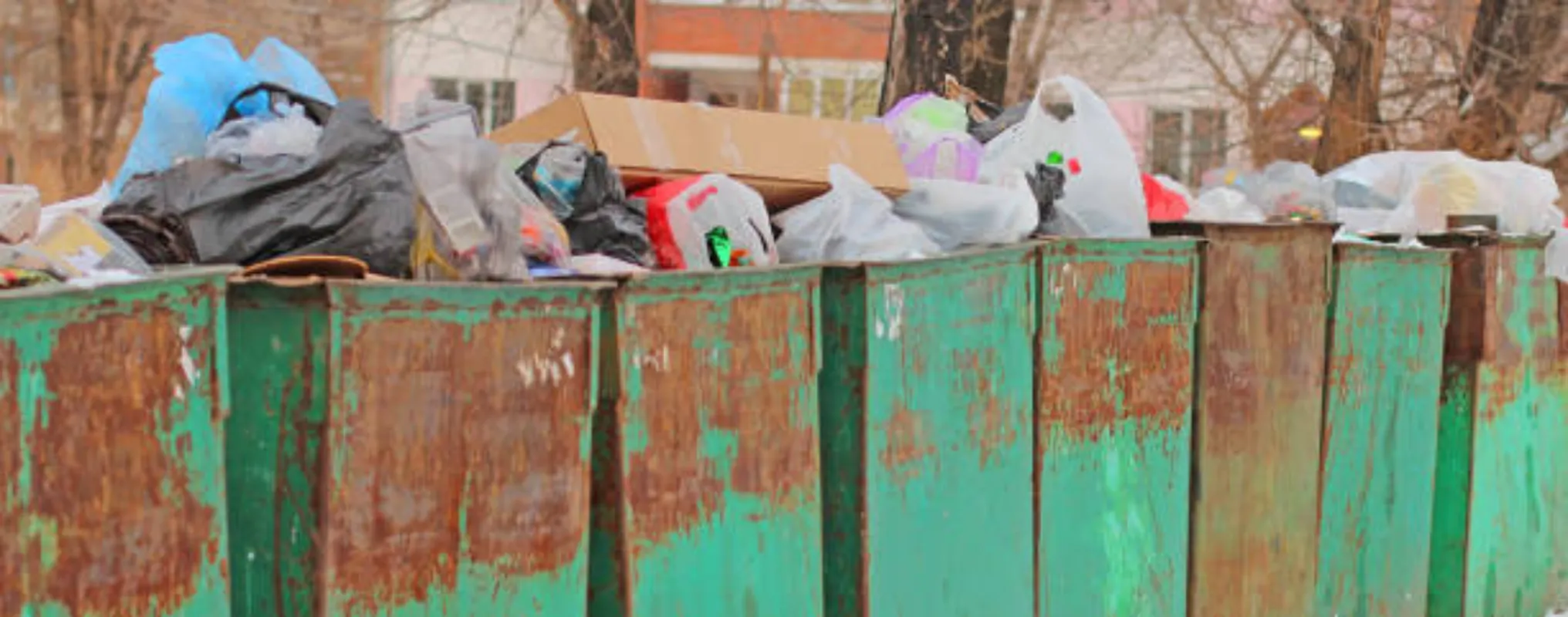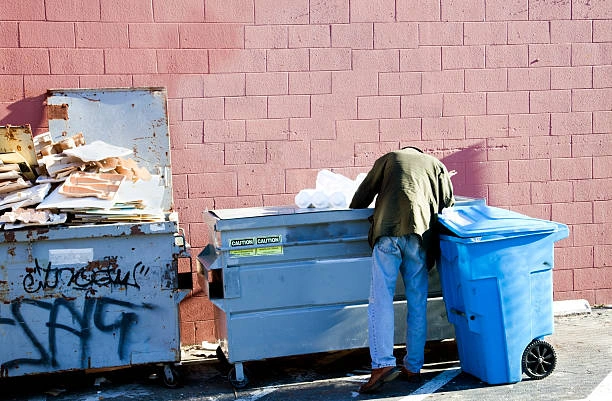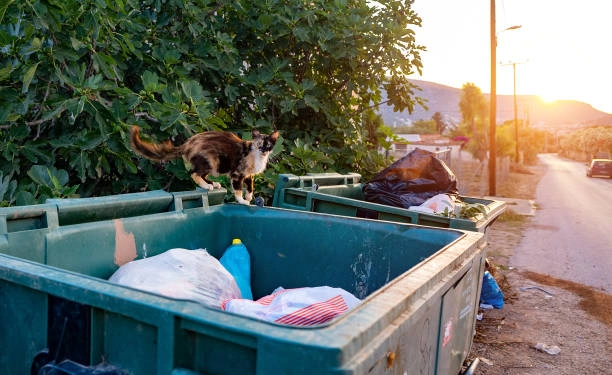Is Dumpster Diving Illegal in My State? What You Need to Know

Is Dumpster Diving Illegal in My State? What You Need to Know
Dumpster diving has become increasingly popular for those seeking to reduce waste, reclaim valuable items, or simply explore sustainable alternatives to consumer culture. However, before diving into your neighborhood bins, it’s important to be aware of the legal and ethical considerations involved. Laws vary significantly from state to state, and understanding local regulations is crucial to avoiding legal trouble.Legal Overview: Dumpster Diving Across the U.S.
The legality of dumpster diving depends heavily on where you are. In many places, diving is not outright illegal, but issues arise when it involves trespassing or theft. For instance:- Public vs. Private Property: If a dumpster is located on public land, you’re generally safe—as long as there are no city ordinances against scavenging. But dumpsters on private property, especially if gated or marked with “No Trespassing” signs, are a different matter.
- State-Specific Laws:
- California permits dumpster diving unless you cross into restricted private areas.
- New York, in contrast, has tighter rules that might categorize it as theft depending on what is taken and from where.
- Texas and Florida often take a more lenient approach, though municipal rules may still apply.
Ready to connect with top legal professionals? Get immediate support— Call us at 877-550-8911.
Common Myths and Misunderstandings
Many people wrongly assume dumpster diving is always illegal. In reality, most legal issues arise not from the act itself, but from how and where it is conducted. Another misconception is that taking items from dumpsters constitutes theft. Once discarded, many items are legally considered abandoned property. However, that interpretation varies, and the context—such as signage, locks, or fencing—can shift the legal standing. There’s also the stereotype that only those facing financial hardship resort to dumpster diving. While necessity certainly drives some individuals, others engage in it for environmental reasons, DIY projects, or the thrill of discovering unique items.Legal Risks You Should Know About
While dumpster diving can be a legitimate way to salvage usable items and reduce waste, it’s not without legal risks:- Trespassing: Entering private property, even unintentionally, can result in fines or arrest.
- Theft Charges: Some jurisdictions consider removing items from certain dumpsters—especially those from commercial properties—as theft.
- Public Health Violations: In rare cases, you could be cited for disturbing trash in a way that poses a public health hazard.
Ethical Practices and Community Impact
Dumpster diving isn’t just about legality—it’s about ethics, too. Consider these guidelines for responsible scavenging:- Respect Boundaries: Don’t cut locks, scale fences, or ignore posted warnings.
- Leave No Mess: Never scatter trash or leave a site messier than you found it. This helps maintain a positive perception of the practice.
- Be Mindful of Timing: Diving during business hours or in high-traffic areas may attract unwanted attention.
Best Practices for Responsible Dumpster Diving
Whether you’re new or experienced, following best practices ensures a smoother, safer experience:- Gear Up: Use gloves to protect your hands and carry a flashlight for visibility.
- Scout Locations: Start with residential areas or businesses known to discard usable items.
- Know the Law: Bookmark your city’s waste management codes or visit USA.gov’s legal resources to get familiar with local regulations.
Where to Research Local Dumpster Diving Laws
Finding accurate legal information can be overwhelming, but several trustworthy sources can help:- Local Government Websites: Most cities publish ordinances online. Look for keywords like “waste disposal,” “trespassing,” or “scavenging.”
- City Hall or Public Library: You can access municipal codes and public records in person.
- Online Community Forums: Local Reddit threads or Facebook groups often include first-hand advice from experienced divers.
- Legal Aid Services: Many nonprofits offer free consultations or publish guides for navigating property laws.
 Further Learning and Legal Support
Further Learning and Legal Support
If you’re looking for a deeper dive into the legal landscape, consider these options:
- Academic Research: Universities often publish papers on waste law and urban ecology that shed light on evolving perspectives.
- Legal Journals: These may offer case studies or legislative summaries related to dumpster diving and property law.
- Local Legal Aid: Some community organizations provide resources or workshops to educate residents about safe scavenging.
Frequently Asked Questions
1. Is dumpster diving legal in every state?No. Legality varies by state and municipality. Always check local ordinances before engaging in this activity.
2. Can I get arrested for dumpster diving?
You can be arrested if your actions involve trespassing, theft, or violating city-specific regulations.
3. Are commercial dumpsters treated differently than residential ones?
Yes. Commercial dumpsters are often on private property and may be locked or restricted, increasing the legal risk.
4. What should I do if I’m confronted while dumpster diving?
Remain calm, explain your intentions respectfully, and leave if asked. Arguing can escalate the situation.
5. How can I find out if dumpster diving is allowed in my area?
Start by visiting your city’s website or contacting local waste management authorities. Online legal databases and local forums can also help.
Don’t wait to secure the legal representation you deserve. Visit Legal Case Review today for free quotes and tailored guidance, or call 877-550-8911 for immediate assistance.



